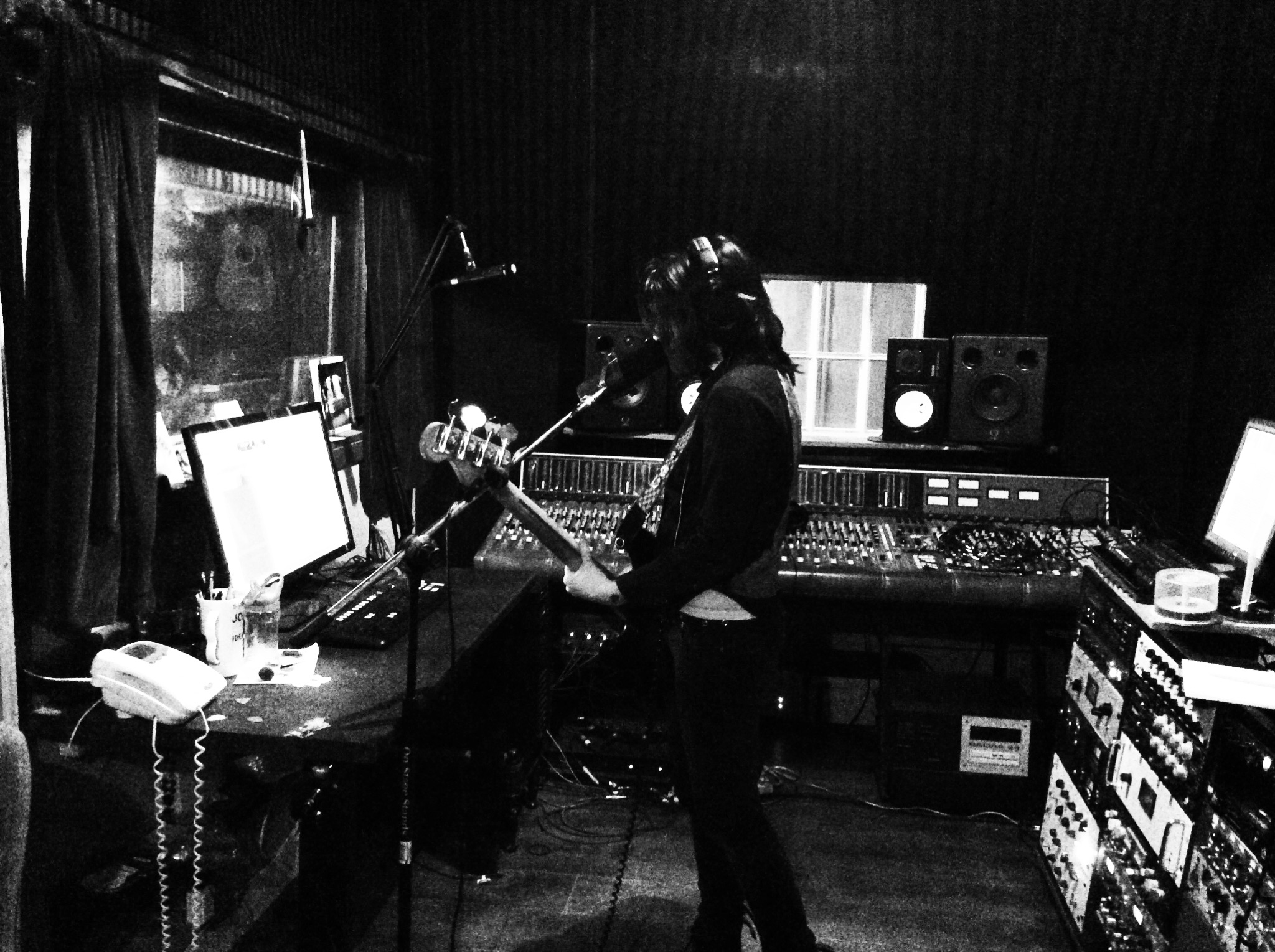You and/or your band are sounding like a solid unit, you’ve practiced multiple times on a regular basis, and you’ve possibly even played your music out in some venues. The songs are sounding good and you’re really happy with how they’ve come together - the next step could very well be stepping into the studio to record!
The first step for preparing for recording your songs is pre-production. Pre-production is one of the most important things an artist or band can do and have an understanding of, especially in this day and age when both money and time are such factors. Just like first promoting your show and then playing the show happens in two steps, so should pre-production & recording.
Pre-production is the time you spend to prepare your songs, practicing your parts as a band or artist, checking arrangements, breaking the songs down so you make sure everyone is playing the same notes, checking all the musical parts, practicing harmonies, refining lyrics, making sure the key is right, finding the tempos (whether you’ll play to a click or not, depending on your music) before entering the studio.
*A lot of us artists have some sort of home studio or computer recording setup available to us, and even with technology at our fingertips (which is a great luxury we have these days!) it can be overlooked. There are many opportunities to take your time to figure things out on your own for finding the best result - so take advantage of these things so when you spend your time and money on a great studio or great producer you are prepared!
When practicing your songs, you could even time yourself and see how long it takes you to set up all the instruments, play through the song(s) you want to record, *plus factor in the engineer mic’ing instruments and testing sounds (that will give you an idea of how long it might take in the studio to set up even before tracking). Find the BPM (beats per minute) of the song and try practicing to a click track, this will further tighten up the band and the song, speed up time in the studio, and when it comes to tracking it (especially via the computer), will give everyone a guide, allow the producer and everyone involved some more flexibility and creativity to build the song into something really cohesive and wonderful!
Tips:
- There are multiple tempo / click apps (try TEMPO) available for free or for a couple dollars online for iPhones or Smartphones that you can tap tempos out to.
- When you find a tempo for your song try it a couple beats slower and faster to see which sounds best!
- Try using a Phone or Computer mic to record your band or your songs to see how songs are sounding! This is a great way even if it’s rough to hear your songs.
- Typically full production indie band songs can usually be fully tracked in 1-2 days (of course depending on a lot of factors: if a band or artist is well rehearsed, instrumentation, style of music, budget)
- Typical studio rates can vary from $250-up (maybe cheaper depending on the place/location)
- Most average studios run $350-700 and up a day in major cities. Sometimes the rate includes the engineer if he or she owns the studio.
- Engineer rates average w/o a studio usually run $150/$250 a day and upward -or- $35 and up an hour
- Assistant rates run usually $100/150 a day
- Typical tracking hours in professional studios run 8-12 hours varying on the studio and engineer rates
Your friends, family, and fans are all going to want to be able to take something home that you created and that they can listen to over and over again. (Plus as a touring artist, CDs are a must have and merch sales help to pay for lodging, gas, and food. Recordings are also important for any band or artist who is serious about wanting to be a professional musician as it is an opportunity for online sales and a way for fans and industry folks who don’t live in the same city or country to hear you.
This is just a small glimpse into preparing for recording but above all, have fun and enjoy the process, learn who you are and what you like as you go - make sure to communicate how you want things to sound when you work with people; the more direction as a band or artist the better. Also, being flexible during the recording process will make things easier and less stressful. In pre-production, if it’s not sounding the way you want, experiment with some different pedals, amps, instruments, or even better - try different things out (second guitar parts, solos, arrangements, drums fills). Have a few great options and a couple ideas you can bring into the studio or to the producer so you can try things until you find your desired sound.
Recording can be a really great process and experience. Like anything though, it can become frustrating or present challenges when you least expect it - especially if you’re not prepared - so doing so will really help! Be patient, and understand that the recording process may take longer at first, but once you get familiar with how it all works, and familiar with a studio, it’ll get faster and become even more fun. Be respectful to the equipment, the people you’re hiring on the songs, whether it’s the engineer, assistant engineer, producer, mixer, etc. or hired players if there are any. They are all working with you to carry out your vision, and it can be a really rewarding experience for everyone when everyone’s on the same page!
(Photo by Greg Jacobs)
(Photo by Doug Batchelder)


